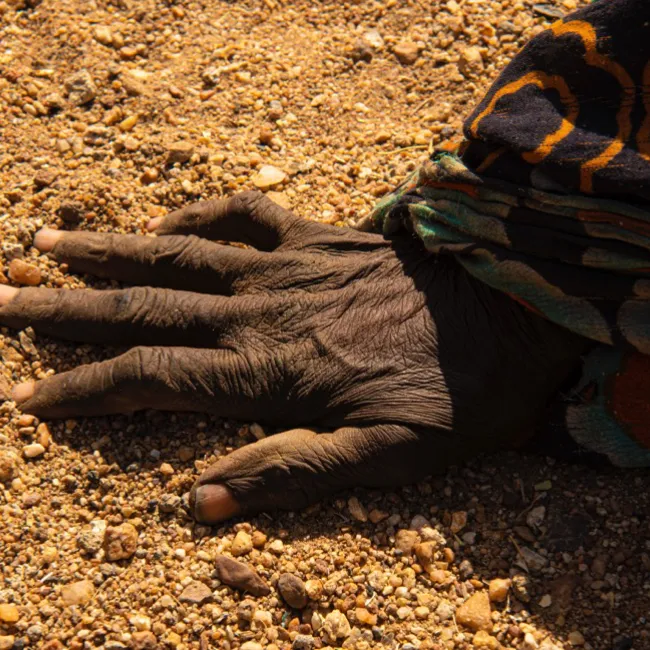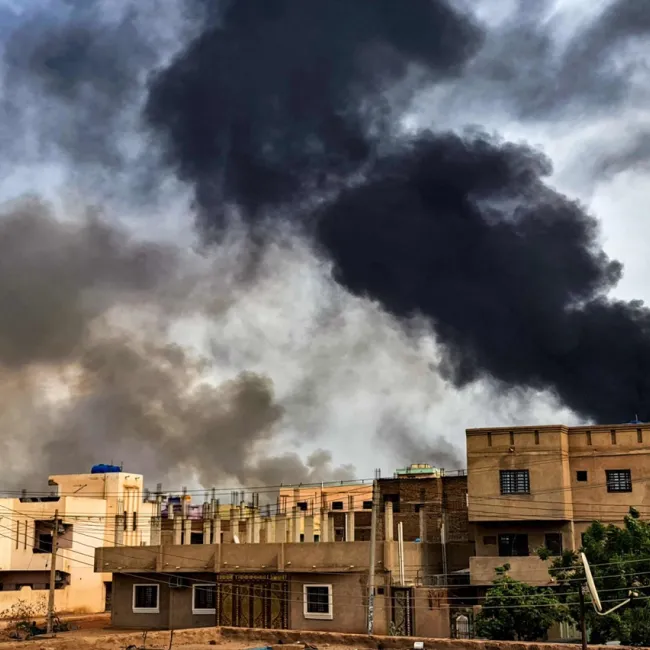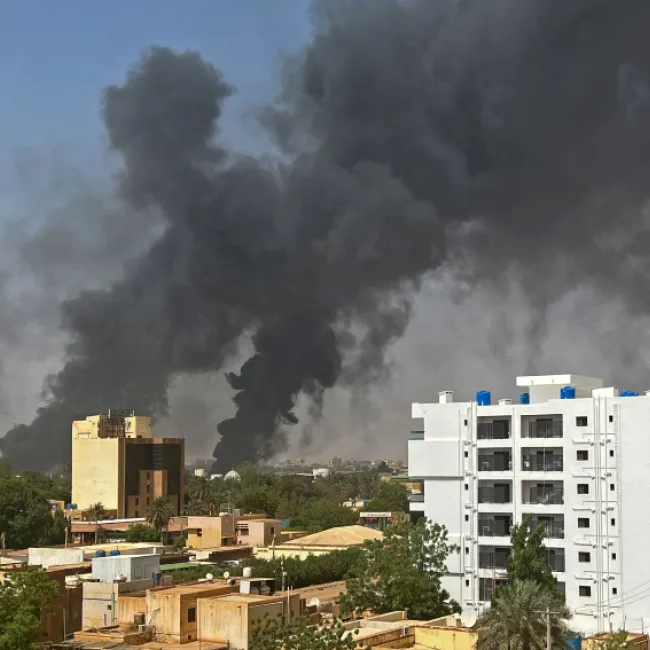Combating food insecurity in a new way in Sudan
"My twin children will find me healthy and well-fed now that I have all the vegetables and enough money to buy milk."
Khamisa Nasser Khalifa (35) is the mother of nine children, including a very new set of twins. She is one of the 180 rural women benefiting from a special NCA project, currently implemented by an NCA civil society partner, Darfur Development and Reconstruction Agency (DDRA), in South Kordofan, Sudan.
NCA Sudan’s Resilience, Livelihoods and Natural Resource Management Project aims to empower rural women and small-scale farmers by strengthening their managerial skills, promoting small business endeavors and micro-enterprises, and by encouraging women to become entrepreneurs. Some of these female heads-of-households, disabled, mothers, and those suffering with chronic illnesses received either specialized and contextual trainings, or they received improved seed varieties.
With an elderly husband, Khamisa is the head of her family`s household. They rely on a paltry amount of crops from her smallholding (Arabic: Jubrakah) during the rainy season to provide grain for her family. Recently the rain season, which normally lasts from September through October, has altered significantly due to climate change and this has led to prolonged drought across the region for the last ten years. Khamisa`s yield has become insufficient to feed her family.
The lack of modern farming methods and the inability to access improved seeds and fertilizers forces Khamisa to work in marginal jobs, such as washing the neighbors’ laundrg, working in a field, and cooking at a friends’ weddings. She does anything she can to cover their basic living costs of food and medicine for her children. They do not have electricity or running water, so basic needs mean the absolute bare necessities.
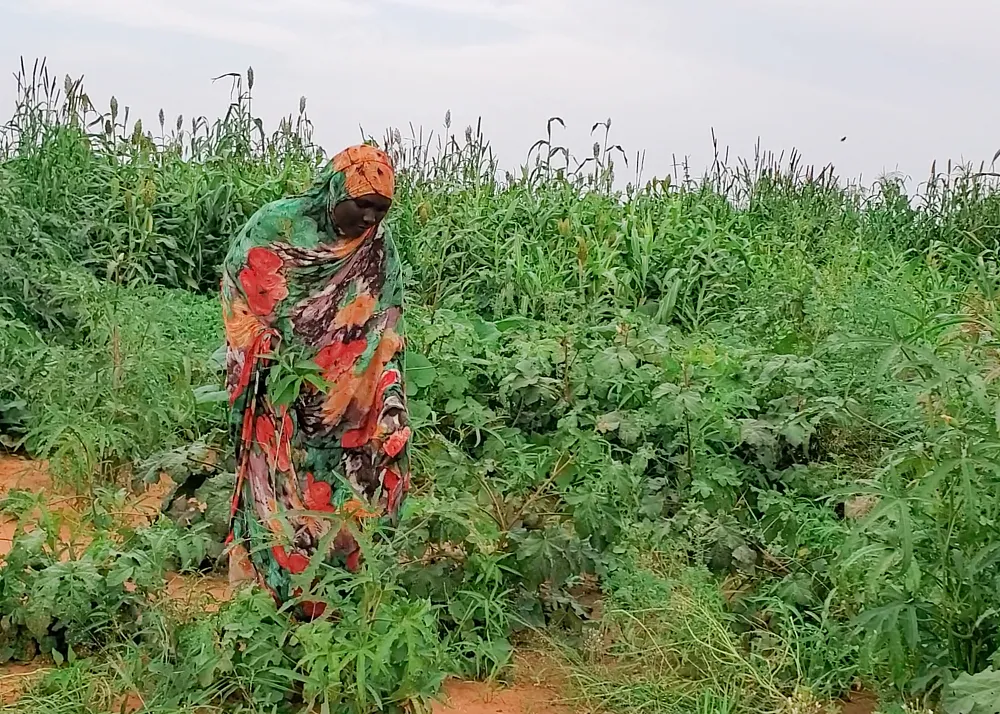
Increase production for consumption and income
Thanks to this NCA Project, Khamisa tells us that the production of her small farm has tripled this year by using improved seeds and fertilizers, as well as by adopting modern agricultural methods, basic irrigation, and farming in cooperatives rather than in stand-alone farmyards.
From NCA Sudan’s innovative agricultural extension sessions, Khamisa`s farm currently contains green vegetables, tomatoes, watermelons; groundnuts, millet, and maize. She now yields a surplus and has enough to sell for cash to cover other needs for her family, such as clothes, furniture, bed sheets.
“Now that I know how to grow new crops species and agricultural techniques, I can cultivate not only to consume, but for sale," she says.
A quick walk around her farm reveals the various crops growing which has helped ensure that her children can have a nutritious diet of grains and vegetables.
Thanks to improved seeds, fertilizer, agricultural extension sessions, and training in modern storage, marketing methods, and added value chainwhere farmers are shown how to make the most of their products (i.e. instead of selling the whole groundnut, extract the oil and sell other products separately), Khamisa’s little farm is now regarded as one of the most valuable in her village.
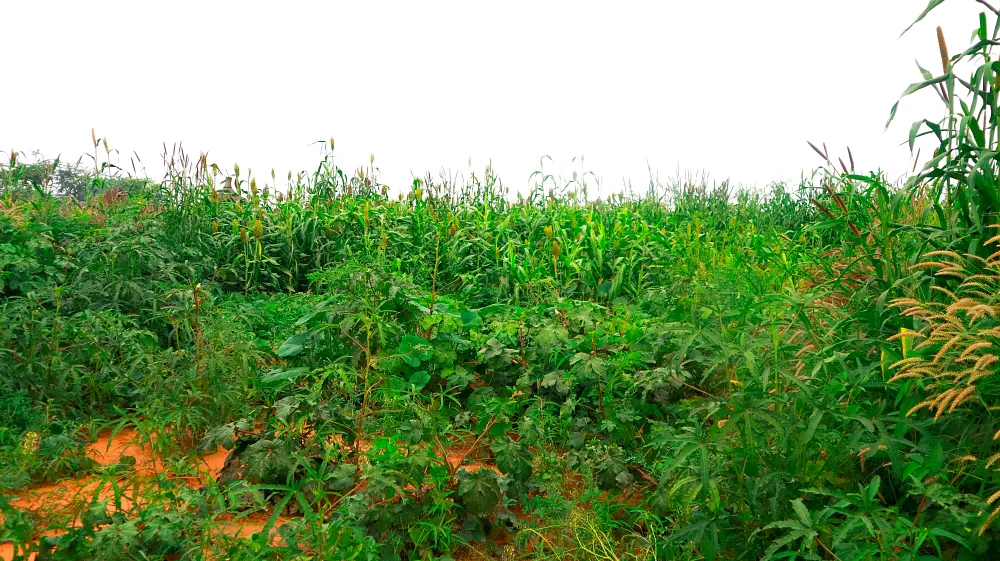
The project’s history
NCA’s Resilience, Livelihoods and Natural Resource Management is part of the NCA Climate Smart Economic Empowerment Programme, which is a four-year long initiative that began in 2020.
The project focuses on increasing agricultural productivity and empowering economically vulnerable households due to climate change while also creating jobs and new skills for income-generating activities — making soap, sewing, baking. The project is designed to enhance the sustainability of targeted vulnerable and rural women in South Kordofan.
The project is centered on community development and mobilization of energies to manage natural resources, as well as the adoption of activities and methods that assist groups most affected by climate change and drought, by providing modern agricultural technologies and production inputs that help make the most of the land and water resources available to groups that primarily rely on agriculture for a livelihood.
Read more news from Sudan
This content is not available in Norsk bokmål.
